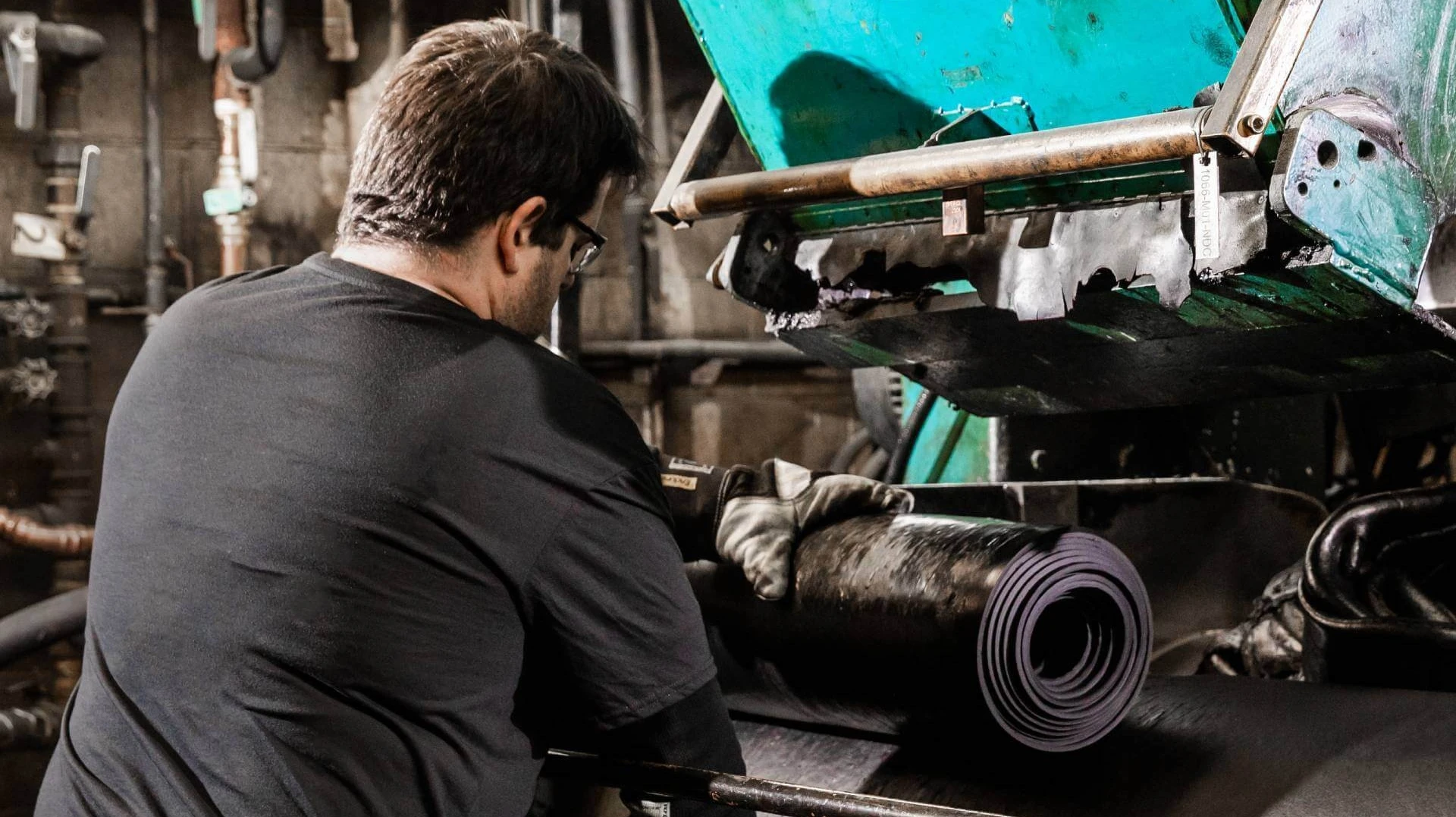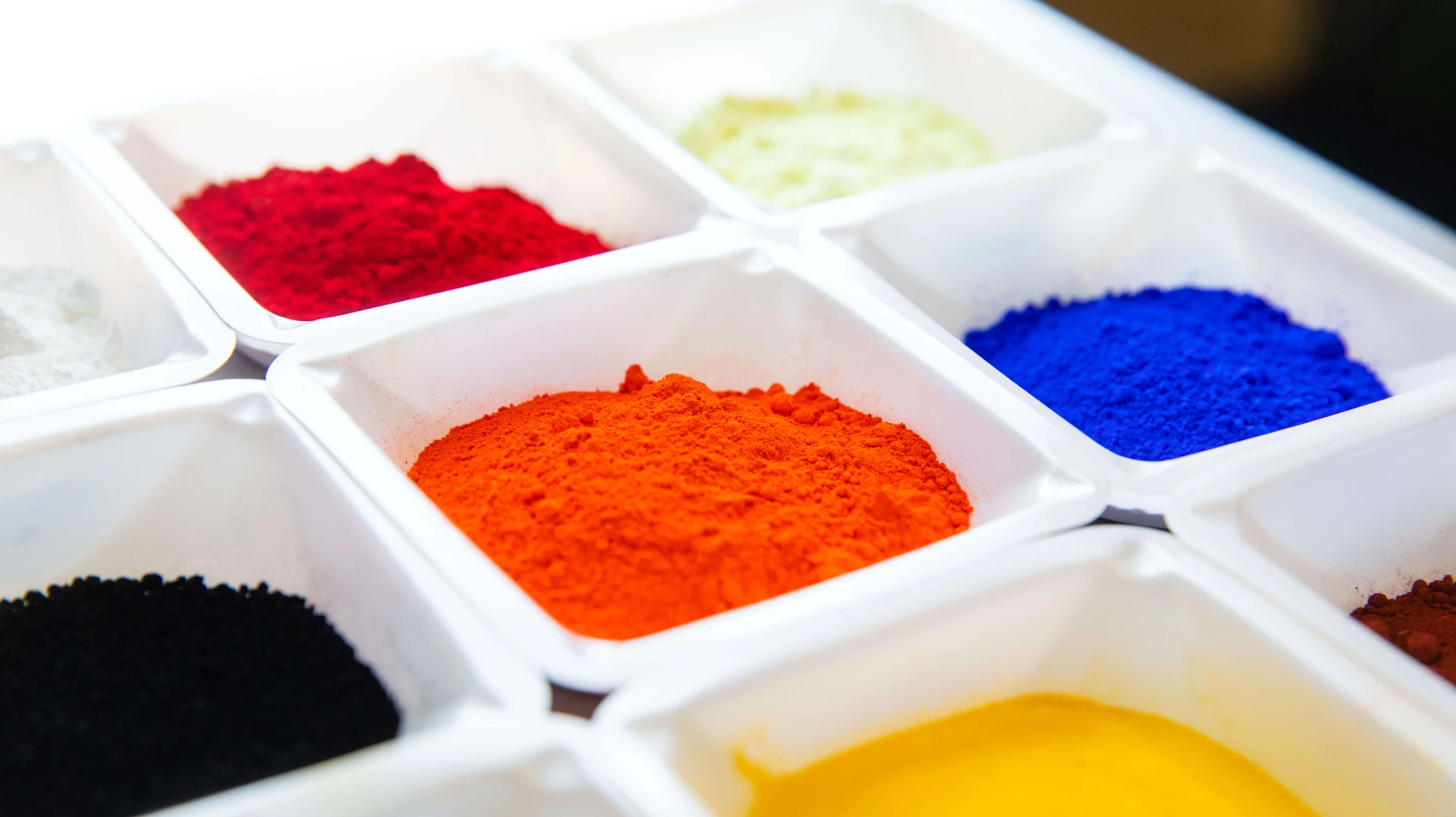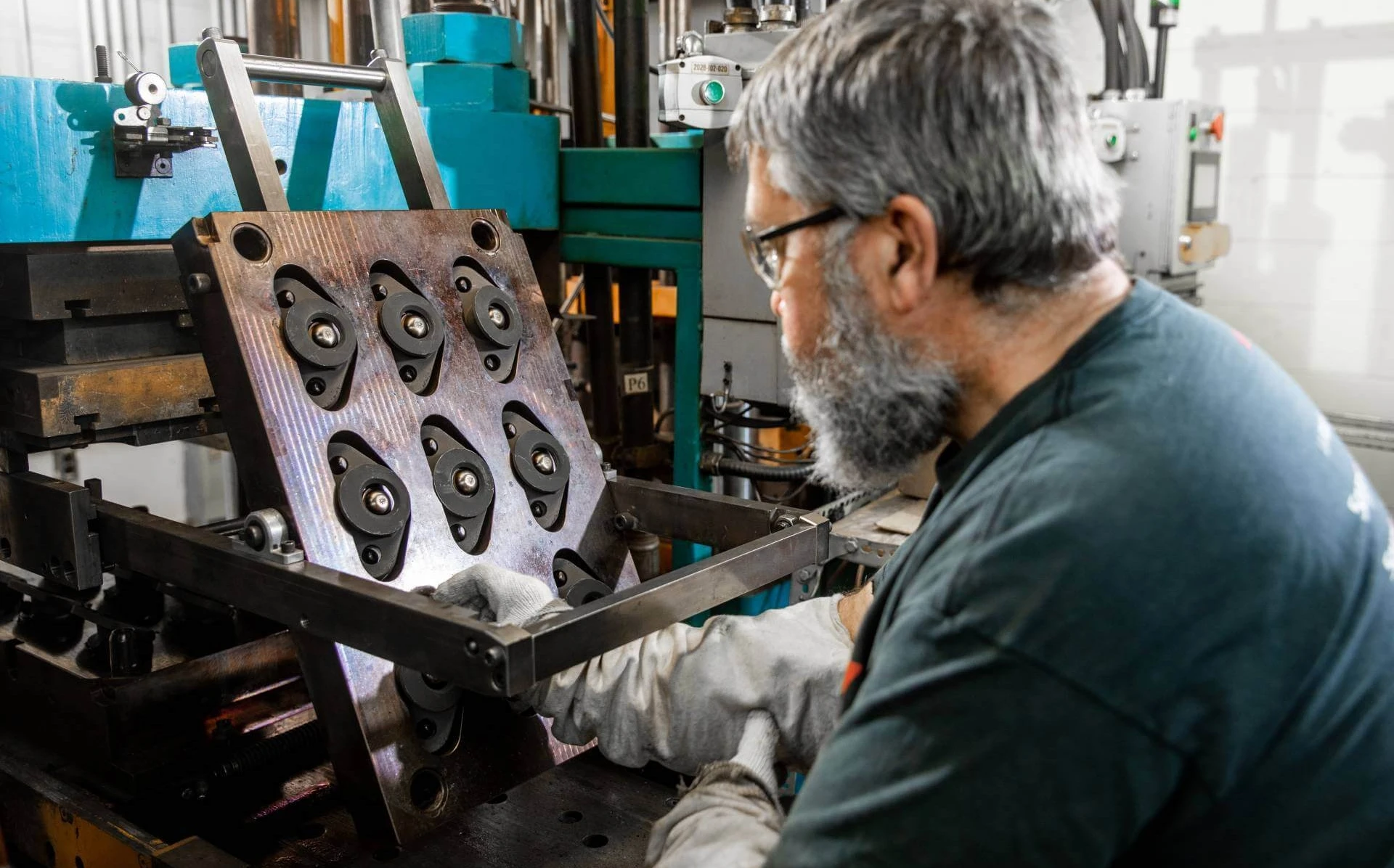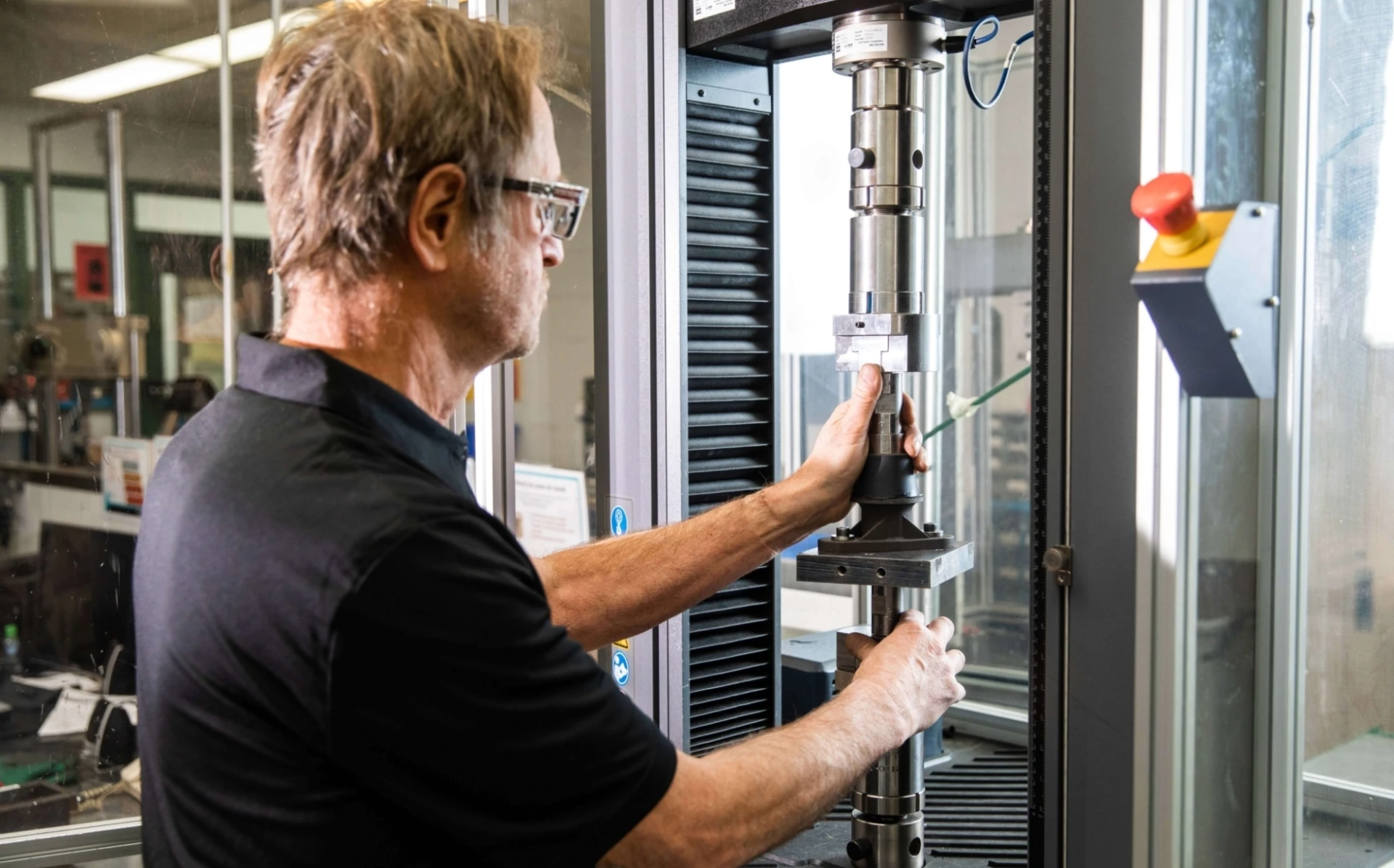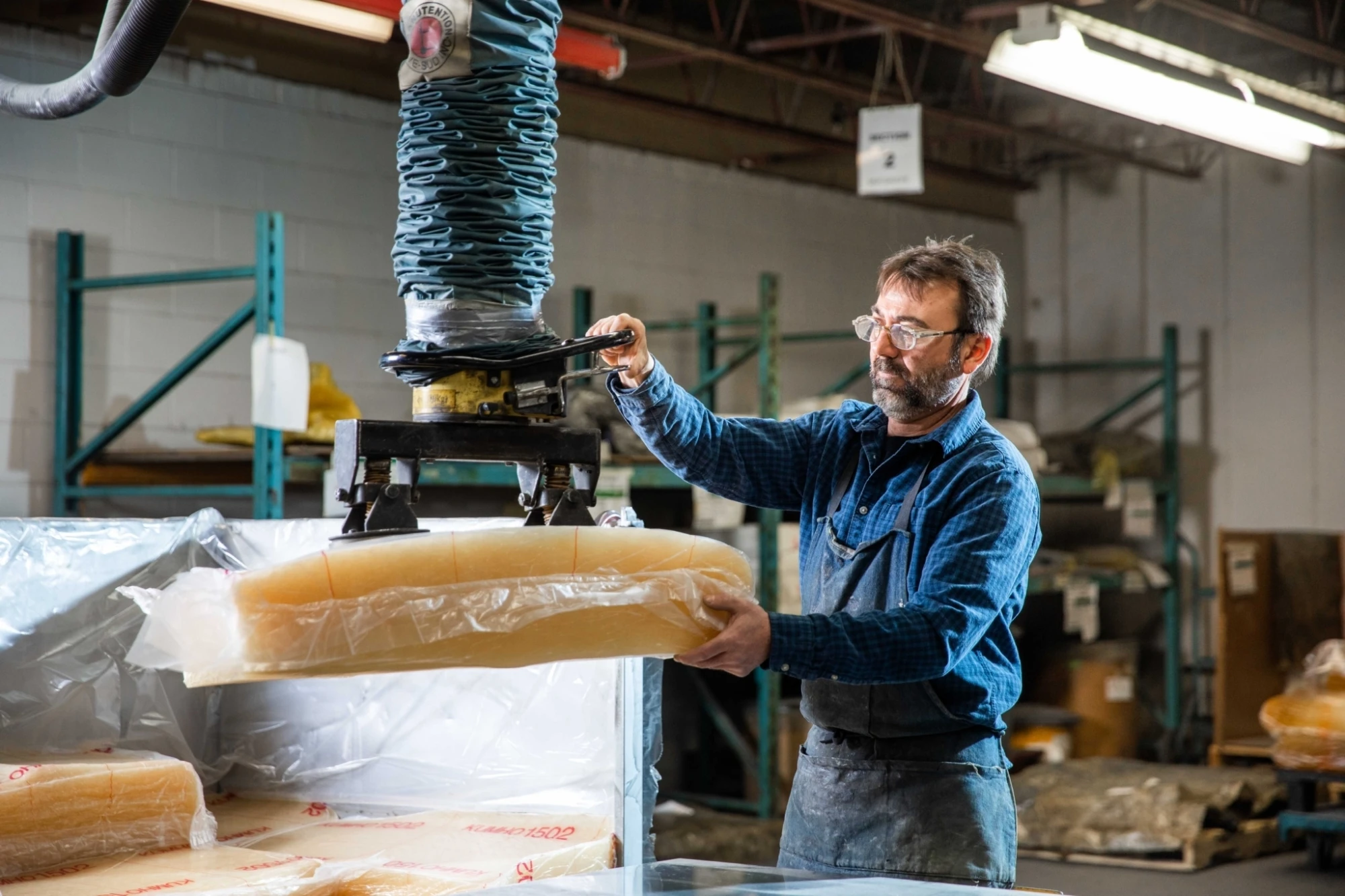In product design and manufacturing, material choice is critically important. Among the most commonly selected ones, plastic and rubber stand out.
The two materials are often confused. So how can you tell them apart?
In this article we’ll explore the differences between rubber and plastic, as well as the properties of rubber that make it a highly popular material for various industries.
As a rubber parts manufacturer with more than 50 years’ experience, Soucy Baron shares its insights on the subject.
